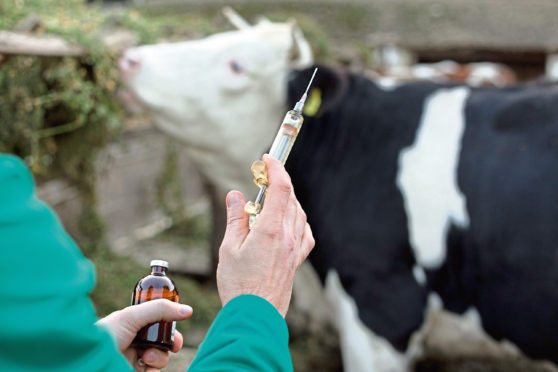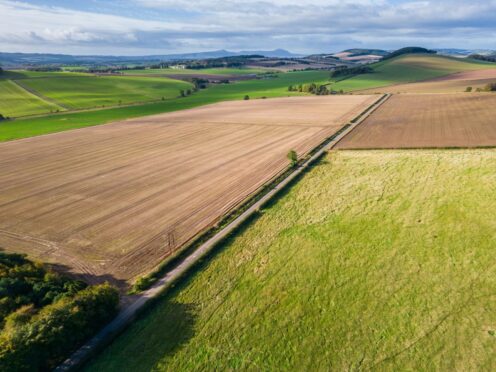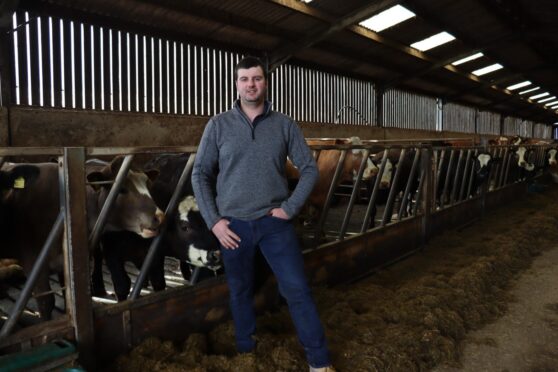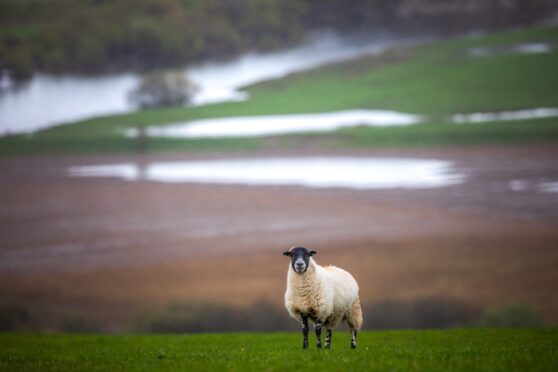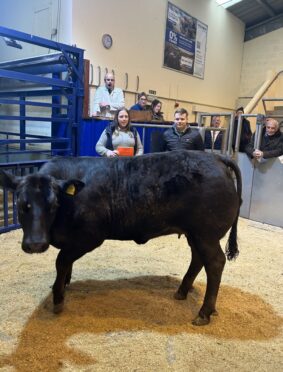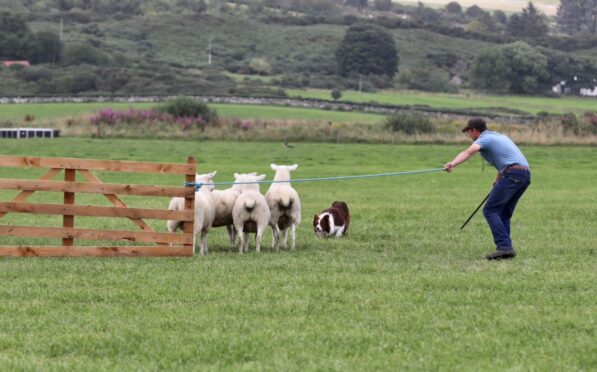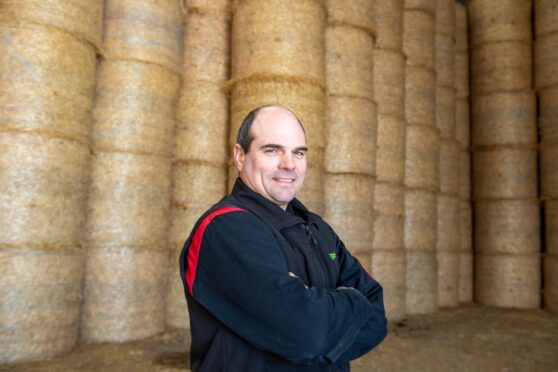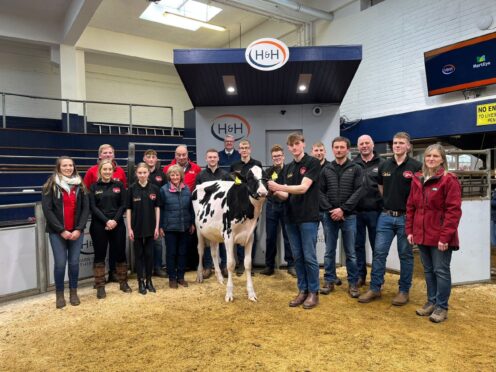The UK Government has been urged to take a strong stance against the overuse of farm antibiotics when negotiating post-Brexit trade deals.
A new report from the Alliance to Save our Antibiotics – a group campaigning to stop the overuse of antibiotics in animal farming – claims farmers in America, Australia, New Zealand and Canada regularly give antibiotics to livestock to make them grow faster.
The practice has been illegal across Europe since 2006 and in 2022 the EU will ban imports of meat and dairy produced in this way.
According to the report, farmers in these four countries are also allowed to administer antibiotics to hormone growth-promoting implants given to cattle, to prevent infections at the implant site. It said the most widely used antibiotic in hormone implants is tylosin – a high-priority critically important antibiotic in human medicine.
“Any new trade deals must not undermine British standards and threaten public health by allowing cheap meat and dairy produced with antibiotic growth promoters into the UK,” said Cóilín Nunan from the Alliance to Save our Antibiotics.
The SNP’s shadow Defra spokesperson, Deidre Brock MP, backed the group and said: “As the UK negotiates post-Brexit trade deals it is absolutely critical for our food and agriculture sector that the standards currently in place are protected and strengthened – not traded away.”
